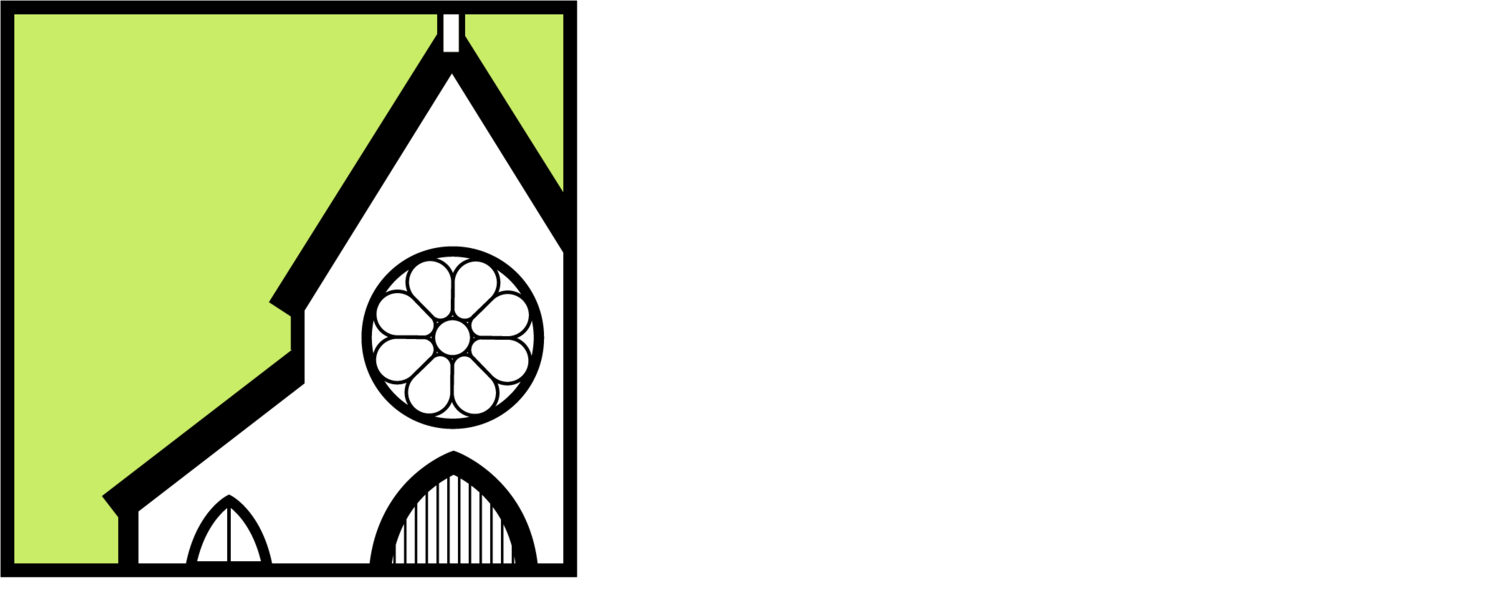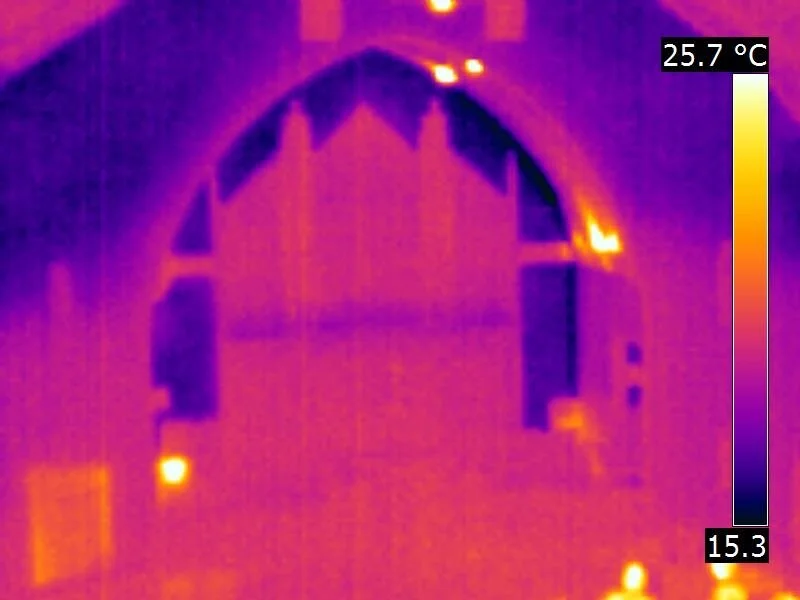One of the most beautiful experiences in religious services is the sound of a pipe organ filling a church, whether in a small wood framed, rural church, or a full size Casavant in a large Gothic, stone church. The sounds fill the building as well as one’s soul with joy.
What people may not know is that many pipe organs have leather and wood parts, specifically in the stops in the pipes. This is merely an interesting detail until you think about what happens to those materials when temperatures drop – that is, they change in shape and size. These changes can impact the sound of the organ.
So when the temperature drops, the sound of the organ can change for the worse. Now that’s not music to anyone’s ears. With the pipes at the top of the sanctuary, sometimes right near the attic hatch, the heat loss, and sound quality change can be dramatic. So start by making sure the attic hatch, especially if near the pipe organ is airtight.
Air circulation can be a quick solution. Ceiling fans can move the air easily, spreading conditioned air around the space, keeping the temperature more even. The old metal 1980’s ceiling fans that beat themselves to death only blow down. That’s great for keeping cool in summer as well as for picking up the wobbly sounds in the microphones, but having cool air blow down on us in the winter time isn’t helpful. Ideally we want Energy Star rated ceiling fans that are reversible, so in the winter they blow upwards, forcing the air along the ceiling and down the walls without any drafts, and stirring the heat like a pot of tea. Also commercial fans can move much more air at a slower speed with the bigger blades, making the process quieter and more effective.
Insulation in the attic, where possible, would be the final step to help keep the organ in tune and sounding amazing throughout the entire year. Energy efficiency is something everyone can benefit from and is music to one’s ears!
Infrared image of a pipe organ in winter. The darker the colour, the colder the temperature. Note: there is an attic hatch located over this pipe organ.
Financing your project
If you are wondering how you might finance upgrades that benefit your organ - and any other energy efficiency projects you group might be interested in conducting - the United Church of Canada (UCC) has just the program for you. Launched in 2018, the Faithful Footprints program offers grants, tools and inspiration to help UCC congregations reduce their carbon footprint. With UCC’s commitment to reducing its greenhouse gases (GHG) emissions 80% by 2050, this one of a kind program offers up to $30,000 in grants towards energy conservation, decarbonization, and renewable energy projects (conditions apply).
Faith & the Common Good is the delivery partner for UCC’s Faithful Footprints program and I am the voice on the other end of the phone for congregations, since I am a sustainable building consultant, a building scientist, and a heritage professional specializing in faith community buildings.
To date, we have engaged over 200 UCC congregations, camps, and buildings across the country. Your participation in the program puts your faith into action and helps UCC reach its target.
I invite you to begin your energy efficiency journey by reading the free guides that we have on our website. The DIY Faith Building Energy Audit Guidebook and the Energy Star Action Workbook for Congregations are amazing free resources.
You can also utilize our professional knowledge with virtual Green Audits that look at energy, air quality, food, water, waste, maintenance, rental agreements, heritage and much more.
The more you can learn about your building, the more you can save energy, minimize maintenance costs, and maximize the usage of your faith community building.
Stephen Collette is the Building Manager for Faith & the Common Good and can be reached at 705-652-5159 EDT, scollette@faithcommongood.org


